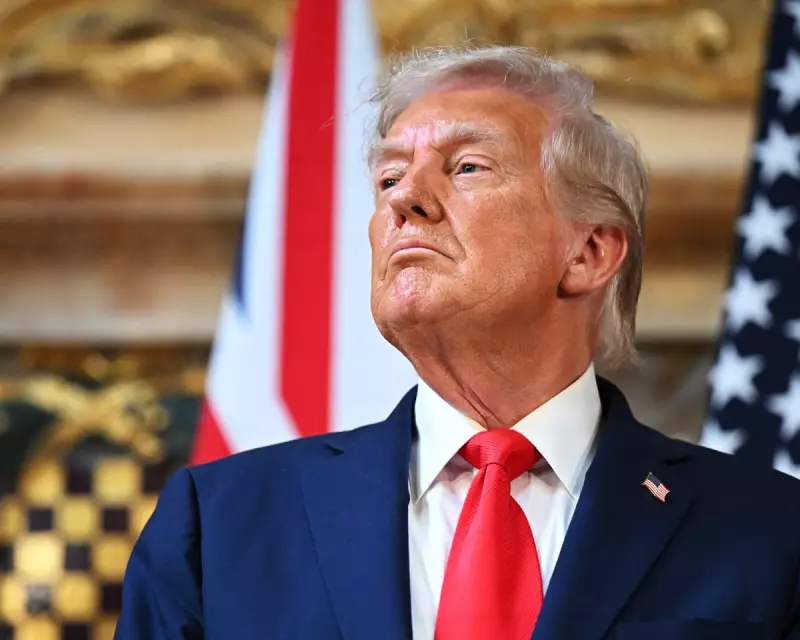
In a dramatic escalation of legal battles surrounding the former president, the US Justice Department has initiated criminal proceedings against Donald Trump concerning his controversial dismissal of FBI Director James Comey in 2017.
Unprecedented Legal Action Against Former President
The charges centre on allegations that Trump obstructed justice when he removed Comey from his position during the FBI's investigation into Russian interference in the 2016 presidential election. This marks the first time the Justice Department has pursued criminal charges against Trump for this specific action.
The Comey Dismissal: A Contentious History
Trump's termination of Comey on May 9, 2017, immediately sparked controversy and accusations of political interference. At the time, Trump stated the firing was related to Comey's handling of the Hillary Clinton email investigation, but he later told NBC News that the "Russia thing" was on his mind when he made the decision.
The legal filing alleges that Trump's actions constituted a deliberate attempt to undermine an ongoing federal investigation. Prosecutors claim they have substantial evidence demonstrating the former president's intent to obstruct justice through the dismissal.
Political and Legal Ramifications
This prosecution represents a significant moment in American political history, testing the boundaries of accountability for former presidents. Legal experts are divided on the potential success of the case, with some arguing it establishes an important precedent while others question the timing and political implications.
The case is expected to face numerous legal challenges and could potentially reach the Supreme Court. Trump's legal team has already indicated they will vigorously contest the charges, claiming they represent political persecution rather than legitimate legal proceedings.
What Comes Next?
As the case moves through the judicial system, political observers anticipate it will become a central issue in the upcoming election cycle. The prosecution's success may hinge on proving Trump's specific intent to obstruct the Russia investigation, requiring evidence beyond his public statements.
This development adds to Trump's growing list of legal challenges, though it marks the first federal criminal case directly addressing his actions while in office regarding the Russia investigation.





